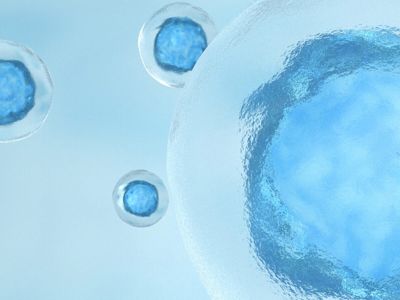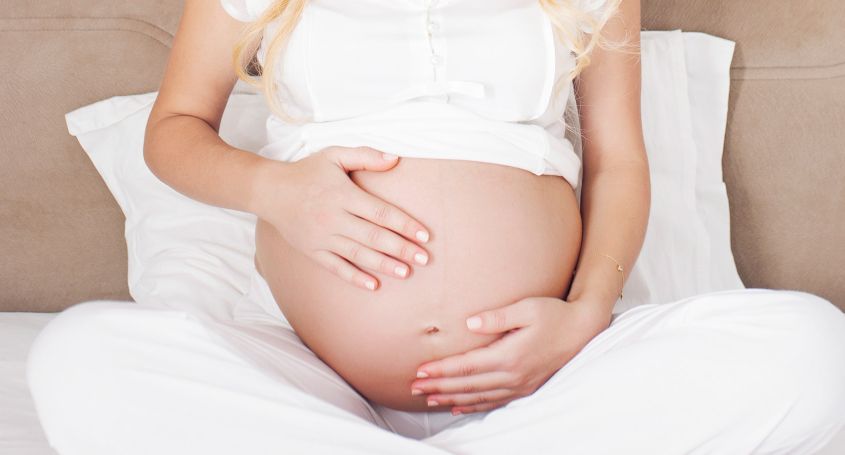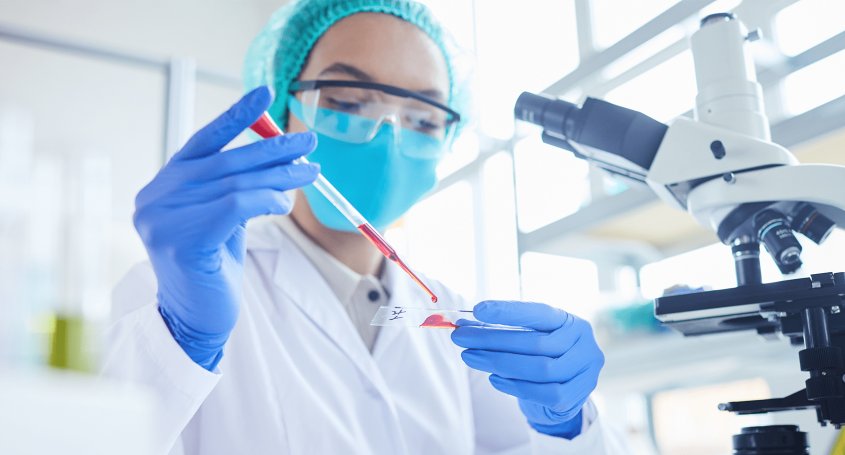There are many women who, once diagnosed with this disease or after having overcome it, wonder if it is possible to be a mother after cancer, since cancer treatments can affect fertility. Hereinafter, we tell you if cancer and pregnancy are compatible.
Cancer and pregnancy
"Should I have children after having had cancer?" Or "Is a pregnancy safe after cancer?" are some of the most common concerns of women who have managed to overcome this disease and who are considering a pregnancy after chemotherapy or radiotherapy.
Although it is true that the genetic factor can cause the development of cancer, there are only 5% to 10% of cancers registered which are linked to a gene transmitted from parents to children. Thus, the chances of the son and/or daughter having it are very low.
On the other hand, it has not been shown that pregnancy can cause the cancer to reappear, even with the hormonal changes that the woman experiences during this stage. In addition, there is evidence that a woman can go through a pregnancy after chemotherapy or radiotherapy in a perfectly normal way, without any danger to mother or fetus - always provided that the necessary time after having finished the cancer treatment has elapsed. The oncologist will be the person who, after overcoming the disease, will best be able to advise on when to start the process of becoming pregnant.
There are many types of cancer that do not compromise the woman’s fertility, so we can say that pregnancy is possible after cancer. However, it is not possible to assure 100% that cancer and pregnancy are viable in all cases, since it depends on the type of cancer and how each case has been developed individually.
For this reason, we always recommend to consult a specialist (oncologist) and, whenever possible, to take appropriate steps to preserve fertility.
Measures to preserve fertility
Thanks to advances in science in the diagnosis and treatment of this disease, the mortality rate has been reduced. Moreover, techniques to preserve fertility in young women have been improved, so cancer and pregnancy are not incompatible.
Oocyte vitrification is a highly effective solution. This technique consists in the ultrafast freezing of oocytes or embryos in liquid nitrogen at -196ºC in order to keep them frozen for the desired period of time, without altering their condition or quality. This way, once the patient has overcome the cancer and wishes to become a mother, the oocytes would be devitrified for insemination and the subsequent embryo transfer.
In order to carry out this technique to preserve fertility, the patient must undergo a hormonal treatment of ovarian stimulation. This favors the ovulation of as many oocytes as possible.
Currently, ovarian stimulation can be started on any day of the woman's cycle, which means that the treatment is reduced by half. At the same time, there are cases in which it is not possible to delay treatment against the disease, so we always recommend to evaluate each case with a specialist.





















